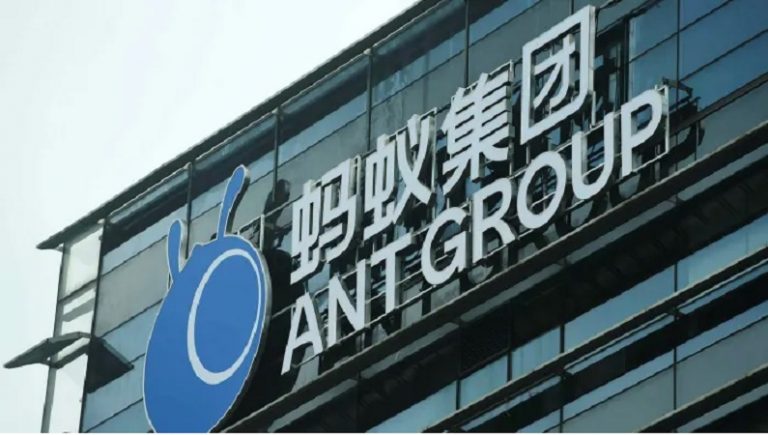
China’s tech crackdown, which has eventually developed the “common prosperity” wing, is about to claim another victim.
The Financial Times reported Monday, citing sources, that Beijing is moving to break up Alipay, and create a separate app for the company’s highly profitable loans business.
The crackdown started with focus on the fintech industry, with Beijing aiming to curtail the extravagance of the industry players who had enjoyed uncommon freedom under President Xi’s leadership. The Ant Group, whose halted IPO was gearing up to be the largest in history, with $37 billion raised for a post-IPO valuation of $300 billion, was the starting point of what has now escalated to other sectors, including edtech and ride-hailing.
The report said that Chinese regulators have already ordered Ant to separate the back end of its two lending businesses, Huabei, which is similar to a traditional credit card, and Jiebei, which makes small unsecured loans, from the rest of its financial offerings and bring in outside shareholders.
“The government believes big tech’s monopoly power comes from their control of data,” said one person close to financial regulators in Beijing. “It wants to end that.”
Alipay has more than one billion users whose data have been collected by the payment service. With the crackdown shifting focus on how the tech firms manage private data, Beijing looks to be moving to break up companies in possession of millions of users’ data.
The report said officials now want the two businesses to be split into an independent app as well. The plan would also require Ant to turn over the user data that underpins its lending decisions to a new credit scoring joint-venture which would be partly state-owned, according to two people familiar with the process.
Under the new rules, the companies affected will no longer be at the helm of decision making, as the responsibility will be shared by stakeholders appointed by the government.
Per FT, Ant has been struggling with regulators for control of the new joint venture, but a compromise was reached under which state-owned companies in its home province, including the Zhejiang Tourism Investment Group, would hold a majority stake.
The people said pushing for local state-owned groups to become Ant’s new partners was a favor from the provincial government.
“Given the mutual trust between Ant and Zhejiang, the fintech group will have a big say on how the new JV (joint venture) operates,” said a former official at the People’s Bank of China. “But the new set-up will also make sure that Ant listens to the party when it comes to critical decision-making.”
Ant is believed to have the upper hand in decision making because its partner doesn’t know a thing about fintech.
According to the report, a person close to Ant said that for the time being Ma’s team would be at the helm of the new venture. “What does Zhejiang Tourism Investment Group know about credit scoring — nothing,” the person said, while noting Ant executives were still concerned they could lose control in the future.
This whirlwind of misfortune is the latest major blow to Ant since its IPO was halted late last year. Watching its shares divided among government appointed stakeholders and having a little say in decision making was not the future the company foresaw.
In an earlier report, Reuters had revealed the make-up of the joint venture, reporting that Ant and Zhejiang Tourism Group would each take 35 percent stakes with other state-owned and private partners allocated smaller shares.
Financial Times reported that the new venture will apply for a consumer credit scoring license, which Ant has long coveted. China’s central bank has issued only three licenses — all to state-run operations — preventing Ant from fully monetizing the vast reams of data it has collected on Chinese citizens, the report said.
Credit scoring companies have now become part of lending business in China under the new rules. This means, apart from Ant, other lending companies will go through the third party credit scoring process to have their customers loans approved. This summer the central bank told industry players that lending decisions must be made based on data from an approved credit scoring company rather than proprietary data, one of the people said.
Per FT, this means that a future Alipay user in need of credit would see their request first routed to the new joint venture credit scoring company where their credit profile is held and then on to the new Huabei and Jiebei lending app to issue the credit.
The new rules, among other things, will hamper the swiftness with which Alipay executes transactions due to the creditworthiness process that is entirely integrated within Alipay. Ant said it made “credit decisions within seconds” in its prospectus for its suspended IPO. But there is more, Ant’s value will suffer long term consequences emanating from these changes.

